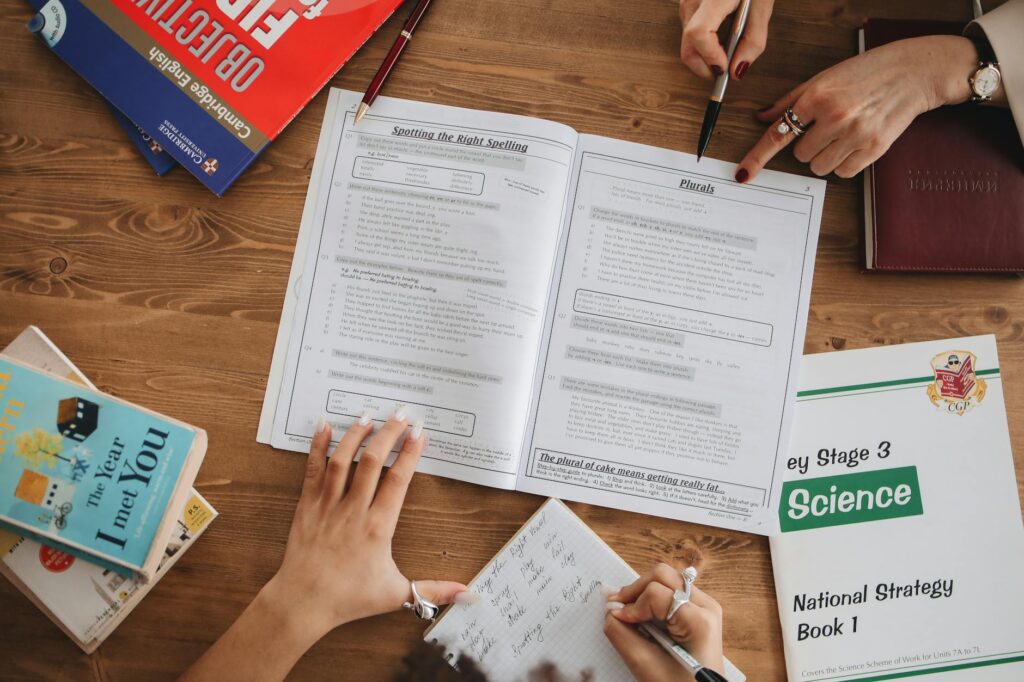What is studying techniques?

What is studying techniques?
Studying techniques play a crucial role in how effectively you absorb and retain information. In today’s fast-paced learning environment, mastering the right techniques can significantly enhance your study sessions. Whether you’re a student tackling a difficult subject or a professional looking to improve your skills, the methods you choose to study can lead to improved learning outcomes. Let’s explore the significance of studying techniques and how you can implement them for better results.
Understanding Studying Techniques
Studying techniques are specific strategies used to improve learning efficiency and retention of information. They are designed to help learners understand complex concepts and memorize facts more effectively. In essence, these techniques act as tools that you can employ to navigate the learning process with more ease.
What Are Studying Techniques?
Studying techniques encompass various methods that cater to different learning styles and environments. Some popular techniques include:
-
Active Recall: This involves testing yourself on the material instead of passively reviewing it. For example, after reading a chapter, you might close the book and recite what you’ve learned.
-
Spaced Repetition: This technique involves revisiting material at increasing intervals. Instead of cramming, you spread out your study sessions, allowing your brain to reinforce knowledge over time.
-
Visual Aids: Using diagrams, charts, and mind maps can make complex information more digestible and memorable.
-
Summarization: Writing summaries of what you have learned helps cement the information in your memory.
The purpose of these techniques is to enhance learning efficiency, making it easier to understand and remember information.
The Importance of Effective Studying Techniques
Implementing effective studying techniques can lead to better retention and understanding of the material. By using strategies that work best for you, you can:
- Increase Retention: Techniques like active recall and spaced repetition can significantly enhance memory retention.
- Enhance Understanding: Understanding concepts deeply rather than rote memorization leads to better application of knowledge.
- Reduce Anxiety: When you have effective strategies in place, stress and anxiety about studying diminish, leading to a more positive learning experience.
For more insights on effective studying methods, check out Studying 101: Study Smarter Not Harder by UNC Learning Center.
Popular Studying Techniques
There are numerous studying techniques that you can apply in various learning scenarios. Here, we’ll explore some of the most effective ones.
Active Recall
Active recall is a technique that involves actively stimulating your memory during the learning process. Instead of passively reading or highlighting text, you engage with the material by asking yourself questions and trying to answer them without looking at your notes. Research shows that this method significantly improves memory retention.
For example, after studying a topic, you might create flashcards with questions on one side and answers on the other. This way, you’re forced to retrieve information actively, reinforcing your learning.
Spaced Repetition
Spaced repetition is a powerful technique that involves reviewing information at spaced intervals. Instead of cramming before an exam, you review the material multiple times over increasing time gaps. This method helps to solidify your understanding and retain information long-term.
Apps like Anki and Quizlet can help you implement spaced repetition effectively. They automate the scheduling of reviews based on how well you’ve learned the material.
Pomodoro Technique
The Pomodoro Technique is a time-management method that can enhance your studying sessions. You divide your study time into intervals, traditionally 25 minutes, separated by short breaks. After four intervals, you take a longer break.
This technique not only helps manage your study time but also boosts your focus and productivity. By breaking your study sessions into manageable chunks, you prevent burnout and maintain high levels of concentration.

Photo by Polina Tankilevitch
Choosing the Right Studying Techniques
Finding the right studying techniques for you is essential for maximizing your learning potential. Here are some tips on how to select the best methods.
Assessing Learning Styles
Understanding your learning style can help you choose the right techniques. There are three main learning styles:
- Visual Learners: Prefer to use images, diagrams, and charts.
- Auditory Learners: Benefit from listening to lectures, discussions, and audio materials.
- Kinesthetic Learners: Learn best through hands-on experiences and activities.
By assessing your learning style, you can select techniques that align with how you learn best. For instance, if you’re a visual learner, incorporating mind maps and diagrams into your study routine can be incredibly effective.
Personalization of Studying Techniques
It’s important to personalize your studying techniques based on your individual needs and goals. What works for one person might not work for another. Take the time to experiment with different methods and find what resonates with you.
Consider keeping a study journal to track your progress and reflect on which techniques yield the best results. This reflection can provide valuable insights into your learning process.
Conclusion and Recommendations
Implementing effective studying techniques can transform your learning experience. By using methods such as active recall, spaced repetition, and the Pomodoro Technique, you can improve retention, understanding, and overall academic performance.
Don’t be afraid to experiment with various techniques to find out what works best for you. The right studying techniques can not only boost your grades but also make the learning process more enjoyable. So, dive in, explore different strategies, and discover the techniques that will help you thrive in your studies. For additional tips and techniques, consider visiting 10 Effective Study Tips and Techniques to Try This Year to enhance your learning journey.